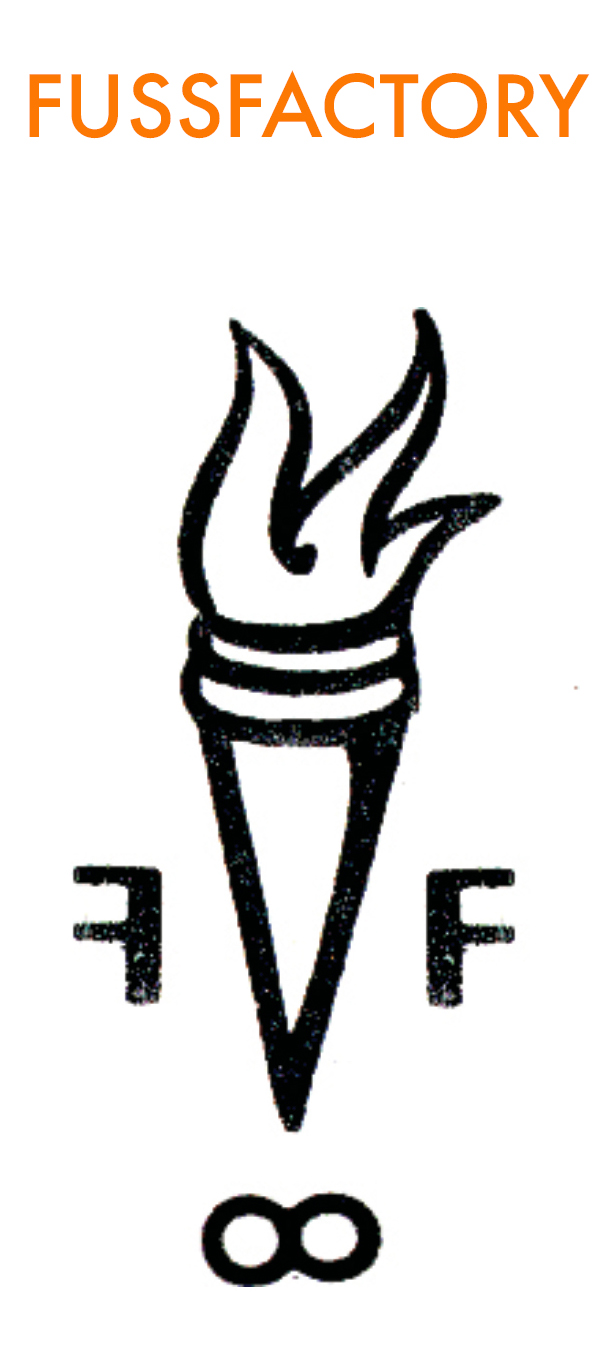#sparkchamber 071717 Christopher Andrew Cooke
We’re thrilled to serve up a little taste of Tokyo (and Los Angeles) in the #sparkchamber today. Christopher Andrew Cooke is a Photographer / Film Maker who has worked in New York, Los Angeles, and Tokyo. His photography communicates the urban environments in both Los Angeles and Tokyo, and when creating short film projects, he uses the sounds and imagery of the city to create different atmospheres. He has created over 50 short films, projects including narrative short film, documentaries, and culinary media. He approaches each project with the same passion, carefully blending shape, light, and color to produce imaginative and informative content. His main website is christopherandrewcooke.com; his culinary work is here, or jump straight to his culinary show reel (unless you’re hungry, in which case, you better eat something first!)
You can follow him on Instagram @christopherandrewcooke, Twitter twitter.com/shortmailmovie, and Facebook facebook.com/ChristopherAndrewCooke
1.] Where do ideas come from?
I have different approaches. If I am shooting photography, especially street photography, or if I am filming food content, then these type of ideas come very quickly. You must look for the opportunity for creativity. You’re working with natural sunlight and give up a lot of control to create, so looking for something exciting, interesting, or to find beauty in the ordinary is important.
When making documentaries, you look for the story after you have filmed and interviewed; and surprisingly it is not always the story you expected.
When making short films, it is all about the story and how it is told; this process reveals the most about yourself, through the choices you make, like the lighting decisions, directing the actors, the music you create for the project and time and pacing of the story.
2.] What is the itch you are scratching?
I am not sure what this means, but with every project that I start, I want to communicate in a way that is special to me. I enjoy creating what appears to be simple ideas, but have an underlying complexity.
3.] Early bird or night owl, tortoise or hare?
My creative process is to work fast on getting the idea down and then spend as much available time developing it. But in general, I do like to work as quickly as possible to minimize distractions.
4.] How do you know when you are done?
After looking at the project as a whole, the time will come when you feel that you were able to convey the initial idea with the message that you want, while capturing the mood and atmosphere.
That being said, if you go back and look at previous work, you will want to spend time changing things, but you can’t. You must remind yourself that, at that time, that was your process.


